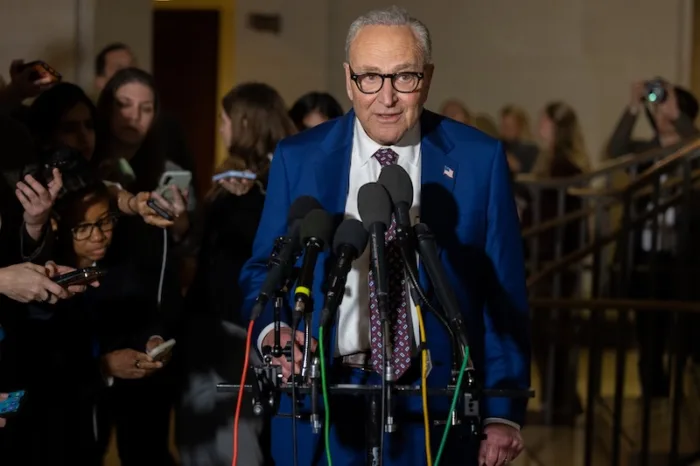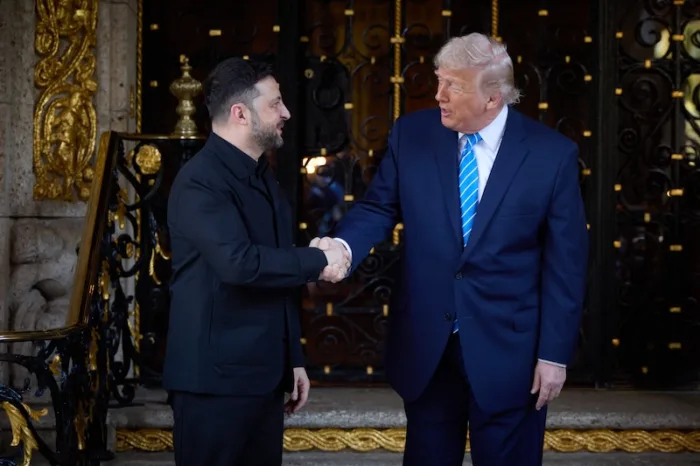When Trump and Netanyahu’s Visions for Syria Collide…

In the seven months since the fall of the Assad regime, Syria has made significant progress toward political stability. However, the recent unrest in Suwayda is a sobering reminder that the road ahead remains long. Under the leadership of Ahmed al-Sharaa, the new administration has made notable strides in both fostering reconciliation among diverse groups and gaining international diplomatic recognition. From the easing of international sanctions to the establishment of constructive relations with ethnic and sectarian communities, many positive developments have taken place.
That said, as demonstrated by Israel’s role in the Suwayda incidents, Syria’s stability remains tightly interwoven with broader regional dynamics. Israel’s intervention can be viewed as part of its continued effort to reshape the regional balance of power—an effort that escalated after its strike on Iran nearly dragged the United States into war.
Washington Is ‘Concerned’
Israel, citing a need to protect the Druze, intervened in the violent clashes in Suwayda, but ultimately agreed to a ceasefire under pressure from Washington. Previously, Netanyahu’s government had actively incited unrest under the guise of protecting the Druze. By directly intervening in the violence, Israel appears to be trying to normalize its operational freedom inside Syria. Israel’s now-routine strikes on Damascus and border regions clearly conflict with the Trump administration’s priority of fostering stability in Syria.
Trump, seeking to fully withdraw from Syria while giving Damascus a chance to restore order, is not aligned with Netanyahu, who speaks of “demilitarizing” southern Syria. U.S. Ambassador to Türkiye and Special Representative for Syria, Tom Barrack, described Israel’s intervention as an act of self-defense, but also called it “very confusing” and “terribly timed,” signaling Washington’s displeasure.
According to reports from the White House, Israel’s strikes on Syria and even on a Catholic church in Gaza caught Trump off guard, prompting him to immediately call Netanyahu to “sort things out.” American media have reported that members of the Trump administration have begun privately referring to Netanyahu as a “madman.”
Netanyahu’s Unchecked Campaign
Since the October 7 attacks, Netanyahu appears to have shifted into a permanent war footing, building his political future on regional confrontation. With little regard for national sovereignty, Israel has now set its sights on Lebanon, Iran, Syria, and Yemen. Netanyahu is attempting to create a strategic reality in which Israel can intervene anywhere under the pretext of security. While he may take limited steps to ease Washington’s concerns, it’s clear he intends to continue on his current path. Confident that U.S. support will persist despite occasional public discomfort, Israel knows it is unlikely to face any serious political or military consequences.
Netanyahu has effectively maneuvered both the Biden and Trump administrations into a position where they are left “cleaning up after” Israel rather than confronting it. In this context, Netanyahu sees a historic opportunity to assert Israel’s total freedom of action in the region. As Tom Barrack implied, Israel does not want strong nation-states in the region. Through military interventions and by leveraging influence over the Druze and YPG, it is signaling that it intends to shape Syria’s internal dynamics.
We’ve previously argued that Syria’s ability to manage internal conflict and regional pressures will determine its future after Assad. Over the past seven months, internal clashes involving Alawite and Druze groups, along with external Israeli interventions, have illustrated the domestic and regional risks. Based on Israel’s current policies, it’s clear that it wants a fragmented, weakened Syria that lacks full sovereignty.
In contrast, the Trump administration envisions a Syria that is internally stable and inclusive of various groups. Unlike Biden’s rushed pullout from Afghanistan, Trump prefers a more orderly exit from Syria. But rather than apply consistent pressure on Netanyahu to make that possible, Trump finds himself having to justify Israeli actions in the name of “security.” Everyone knows Syria poses no real threat to Israel and that Syrian stability is vital to regional security, but convincing Netanyahu of this is unlikely.
Pro-Israel groups in Washington are already pushing the Trump administration to issue more demands of Damascus, thereby expanding Netanyahu’s room to maneuver. It’s increasingly clear that the U.S. and Israel are not on the same page regarding Syria’s future, and bridging that gap will be no easy task.
While the U.S. would prefer a stable, unified Syria, Israel is actively pursuing a divided, weakened one. Washington is also unwilling to spend the political capital required to impose its policy. If Trump hopes to leave behind a Syria that isn’t spiraling into chaos, he’ll need to take a firmer stance against Israeli interference. But so far, Washington seems content to limit Israeli intervention only at the margins—lacking the resolve to force Tel Aviv to accept a coherent American vision for the region.























